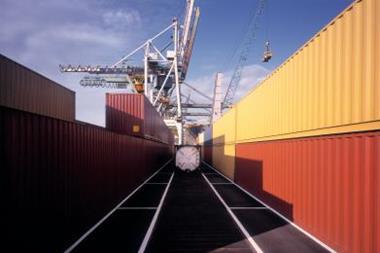The European Commission has decided to refer France to the European Court of Justice for its ban on the parallel import of plant protection products. The Commission considers that several provisions in the French law create obstacles to cross-border trade. Parallel importation is a lawful form of trade in nearly identical products marketed in different Member States, but with variable prices.
For example, some plant protection products which are sold cheaper in other Member States than in France . Farmers who intend purchasing such cheaper, but identical plant protection products, have to face a number of bureaucratic hurdles when importing these to France. The main beneficiaries of parallel trade in plant protection products are farmers as they can take advantage of price opportunities within the Internal Market. The Commission regularly monitors the compatibility of national law on parallel import with EU provisions.
Following receipt of two complaints the Commission assessed the French regulation on parallel imports of plant protection products and concluded that:
The available possibilities to demonstrate identity between the imported product and the product already authorised on the national market are too restrictive. French authorities apply a strictly document based procedure, which, for instance, does not allow for chemical analyses of samples.
The procedure does not take into account parallel imports of a plant protection product that has previously been approved. Thus, each new importer has to register the product again.
Finally, parallel imports by farmers made for their own use should be facilitated.
After discussions with the French authorities the Commission decided to refer the matter to the European Court of Justice, since the national procedure in force since 2001, although it allows in principle for parallel imports, is not proportionate in all respects.



















